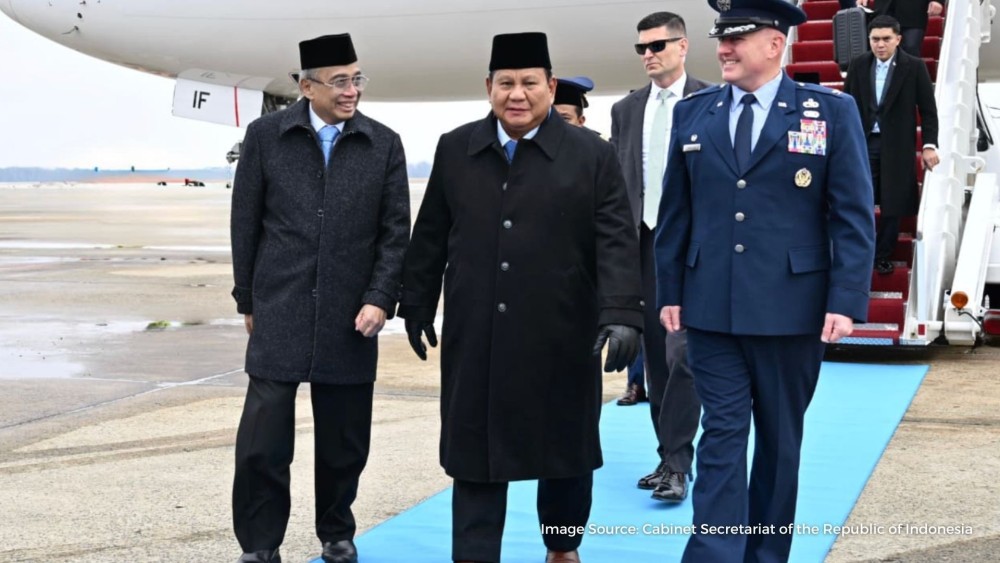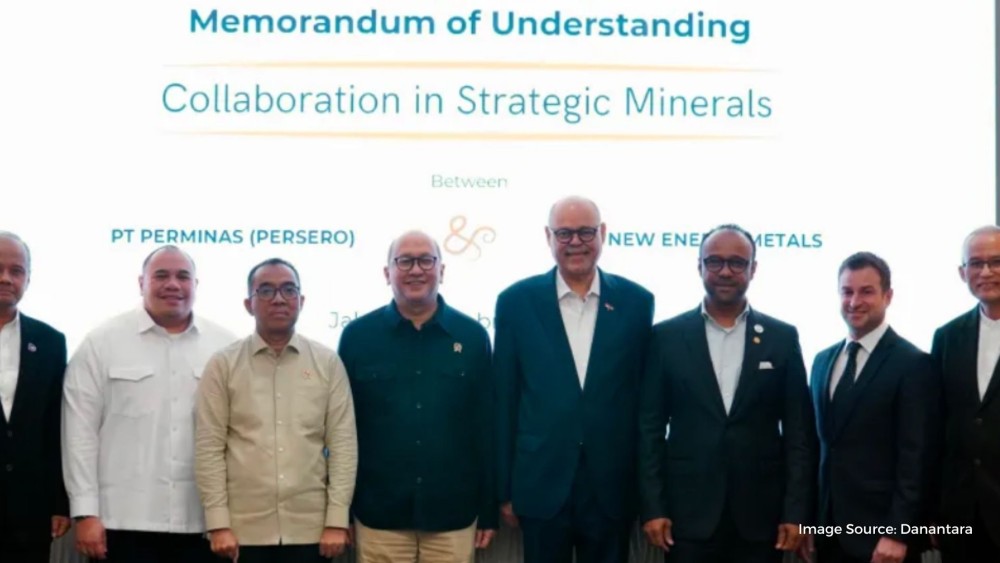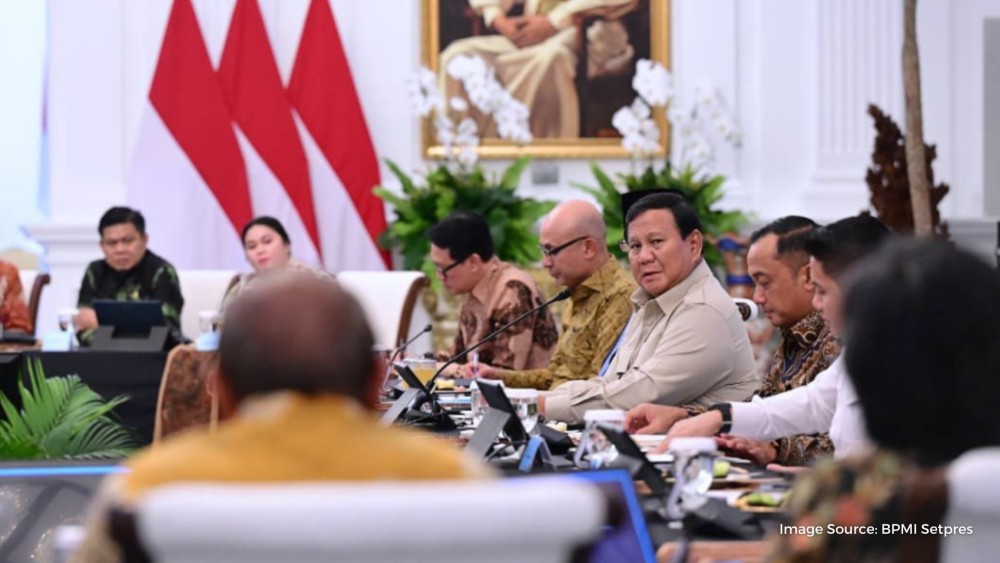Indonesia Targets 2034 for First Nuclear Power Plant, Considers Canada and Russia as Partners
25 Jun 2025

Indonesia is preparing to launch its first nuclear power plant by 2034, a milestone move intended to boost long-term energy security and support the country’s transition to low-emission energy sources. The announcement was made by Energy and Mineral Resources Minister Bahlil Lahadalia during the 2025 Jakarta Geopolitical Forum on Tuesday.
The plan aligns with the country’s national energy roadmap and falls under the supervision of the Directorate General of New and Renewable Energy at the Ministry of Energy and Mineral Resources.
“We’ve prepared the roadmap, and by 2034 at the latest, Indonesia must have its first nuclear power plant,” Lahadalia stated, as cited by Jakarta Globe.
The proposed facility will have a total generating capacity of up to 500 megawatts (MW), split evenly between two regions: Sumatra and Kalimantan. The government plans to use small modular reactor (SMR) technology at both sites.
Lahadalia confirmed that several countries have expressed interest in collaborating on the project, with Russia and Canada among those formally submitting proposals.
“Canada, I have met with the minister. Russia (too). There are several other countries that I cannot reveal yet,” he said.
The initiative is part of the 2025–2034 Electricity Supply Work Plan (RUPTL), which outlines an increase of 69.5 gigawatts (GW) in new generation capacity, including contributions from renewable and low-emission energy sources. The integration of nuclear power is intended to help meet Indonesia’s climate commitments, particularly its goal to reach net-zero emissions by 2060.
Discussions on cooperation models with foreign partners are still ongoing.
“However, what kind of cooperation will it be? The concept is currently being discussed. We have discussed their offer,” Lahadalia said.
In parallel with the nuclear development plan, the Ministry is also drafting a regulation to enable uranium processing, primarily in support of the planned power plants. Uranium deposits have been identified in Melawi Regency, West Kalimantan, with an estimated potential of 24,112 tons.
“We are preparing the government regulation. Hopefully, it can be implemented for the purification of radioactive material processing,” said Deputy Minister of Energy and Mineral Resources Yuliot Tanjung, as cited by Antara News.
He added that uranium processing falls under radioactive business operations, which require stringent oversight. The government is currently working on establishing a dedicated licensing system for radioactive mining activities.
The deployment of nuclear energy in Indonesia remains contingent upon a formal policy regulation and the outcome of feasibility studies. Once in place, the nuclear initiative will mark a significant shift in the country’s energy strategy, introducing a new pillar to complement its fossil fuel reduction efforts.








